Powell baronets, of Pengethly (1622)

- Sir Edward Powell, 1st Baronet (c. 1580–1653)
There have been seven baronetcies created for persons with the surname Powell, five in the Baronetage of England and two in the Baronetage of the United Kingdom. Only one creation is extant as of 2007.
The Powell Baronetcy, of Pengethly in the County of Hereford, was created in the Baronetage of England on 18 January 1622 for Edward Powell. The title became extinct on his death in 1653. [1]
The Powell Baronetcy, of Birkenhead in the County of Chester, was created in the Baronetage of England on 29 January 1629 for Thomas Powell. The title became extinct on the death of the second Baronet in c. 1700. [2]
The Powell Baronetcy, of Pengethly in the County of Hereford, was created in the Baronetage of England on 23 January 1661 for William Powell, Member of Parliament for Herefordshire. The title became extinct on his death in 1680. [3]
The Powell Baronetcy, of Ewhurst in the County of Sussex, was created in the Baronetage of England on 10 May 1661 for Nathaniel Powell. The fourth Baronet represented Kent in the House of Commons. The title became extinct on his death in 1742. [4]
The Powell Baronetcy, of Broadway in the County of Carmarthen, was created in the Baronetage of England on 19 July 1698 for Thomas Powell, Member of Parliament for Monmouth and Carmarthenshire. The title became extinct on the death of the second Baronet in 1721. [5]
The Powell Baronetcy, of Horton Old Hall in the County of York, was created in the Baronetage of the United Kingdom on 15 June 1892 for Francis Powell, who represented Cambridge, the West Riding of Yorkshire North and Wigan in the House of Commons as a Conservative. The title became extinct on his death in 1911.
The Powell Baronetcy, of Wimpole Street in St Marylebone in the County of London, was created in the Baronetage of the United Kingdom on 5 March 1897 for Richard Powell, Physician-in-Ordinary to Queen Victoria, Edward VII and George V and President of the Royal College of Physicians. The family surname is pronounced "Poel".



 |
|
 |
|
The heir apparent is the present holder's son Douglas James Folliott Powell (born 1992).

There have been five baronetcies created for persons with the surname Barker, three in the Baronetage of England, one in the Baronetage of Great Britain and one in the Baronetage of the United Kingdom. All five creations are extinct.
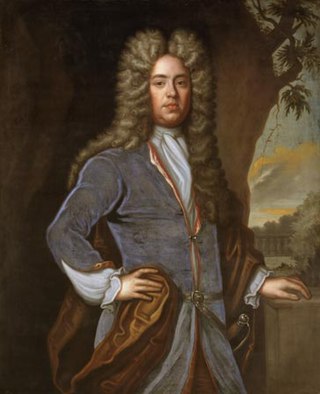
The Aubrey Baronetcy, of Llantrithyd in the County of Glamorgan, was a title in the Baronetage of England. It was created on 23 July 1660 for John Aubrey. The second Baronet sat as Member of Parliament for Brackley. The third Baronet represented Cardiff. The sixth Baronet represented six different constituencies in Parliament. The title became extinct on the death of the seventh Baronet in 1856.
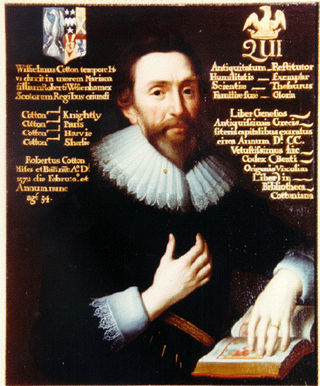
There have been three Baronetcies created for persons with the surname Cotton, all in the Baronetage of England. One creation is extant as of 2008.

There have been two baronetcies created for persons with the surname Aston, both in the Baronetage of England. Both creations are extinct.
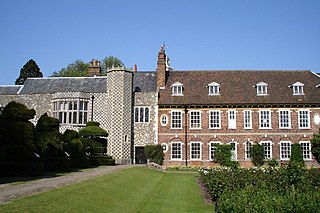
There have been two Baronetcies created for persons with the surname Austen, one in the Baronetage of England and one in the Baronetage of Great Britain. Both creations are extinct.

There have been two baronetcies created for persons with the surname Alston, both in the Baronetage of England. Both creations are extinct.
There have been three baronetcies created for members of the Stonhouse family, all in the Baronetage of England. Two of the creations are extant as of 2021.
There have been four baronetcies created for persons with the surname Holland, one in the Baronetage of England and three in the Baronetage of the United Kingdom.
There have been two baronetcies created for members of the Courtenay family, one in the Baronetage of Ireland and one in the Baronetage of England. One creation is extant as of 2008.

There have been three baronetcies created for persons with the surname Carew, two in the Baronetage of England prior to 1707, one in the Baronetage of Great Britain.

There have been four baronetcies created for members of the ancient House of Beaumont, all in the Baronetage of England. All four creations are extinct or dormant.
There have been two baronetcies created in the Baronetage of England for members of the Colepeper family of Kent and Sussex. Both are extinct.
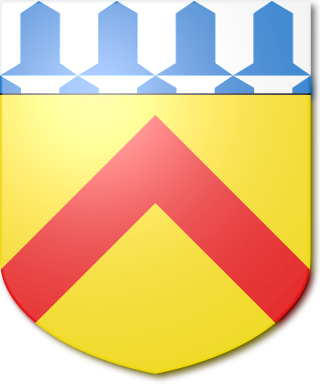
The St Quintin Baronetcy, of Harpham in the County of York, was a title in the baronetage of England. It was created on 8 March 1642 for William St Quintin. The third Baronet sat as Member of Parliament for Kingston upon Hull. The fourth Baronet was Member of Parliament for Thirsk. The title became extinct on the death of the fifth Baronet in 1795. The family estate of Scampston Hall was passed on to the late Baronet's nephew, William Thomas Darby, the son of Vice-Admiral George Darby, who assumed the surname and arms of St Quintin.
There have been five baronetcies created for persons with the surname Wentworth, four in the Baronetage of England and one in the Baronetage of Great Britain. All creations are extinct.

There have been three baronetcies created for persons with the surname Turner, all in the Baronetage of Great Britain, one of which became extinct after two holders, one after three and one of which is extant however became renamed in 1766 to match the new successor's new surname Page-Turner and subsequently devolved to the Dryden baronets.
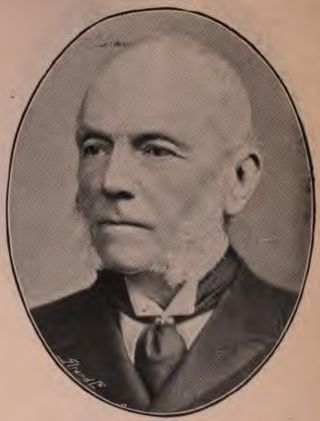
There have been five baronetcies created for persons with the surname Morgan, two in the Baronetage of England, one in the Baronetage of Great Britain and two in the Baronetage of the United Kingdom. All five creations are extinct.

There have been two baronetcies created for persons with the surname More, both in the Baronetage of England. Both creations are extinct.
There have been two baronetcies created for persons with the surname Garrard, both in the Baronetage of England. Both creations are extinct.
There have been two baronetcies created for persons with the surname Pickering, one in the Baronetage of Nova Scotia and one in the Baronetage of England. Both creations are extinct.
There have been two baronetcies created for persons with the surname Briggs, one in the Baronetage of England and one in the Baronetage of the United Kingdom. Both creations are extinct.